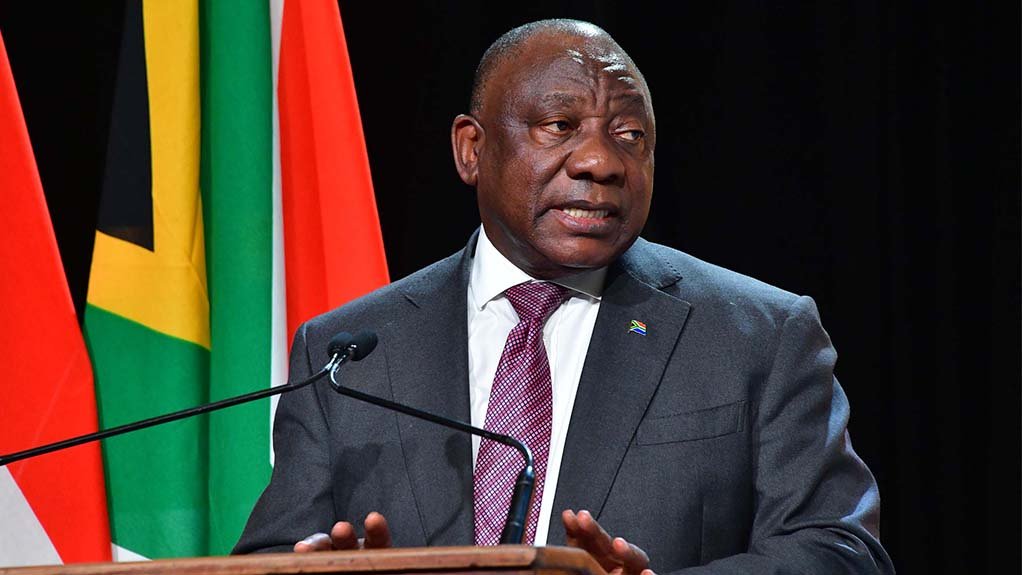PRESIDENT Cyril Ramaphosa announced on Tuesday that government has sought to establish an enabling environment to support women entrepreneurs, which informs government’s determination to direct at least 40% of public procurement to women-owned businesses.
Speaking during the second Presidential Summit on Gender-Based Violence and Femicide (GBVF) in Midrand, Ramaphosa said government had been working to ensure that South Africa’s efforts to turn the tide against gender-based violence (GBV) were aligned with global efforts.
This year’s theme is “Accountability, Acceleration and Amplification, Now!”
He highlighted that late last year, South Africa ratified the International Labour Organisation’s Convention number 190, aimed at eliminating violence and harassment in the workplace.
A key aspect of South Africa’s National Strategic Plan was the economic empowerment of women, he said.
“We have trained more than 6 000 women to prepare them to take up procurement opportunities. Through the Women’s Economic Assembly, we have seen industry associations and companies committing to industry-wide gender transformation targets,” he explained.
Ramaphosa noted that government could, therefore, say that it had made significant progress in putting the supporting architecture in place that was critical to a coordinated and collaborative fight against GBVF.
“In the Joint Sitting of Parliament in 2019, I called for government departments to allocate the necessary resources to combat GBVF. As a result, in February 2021, government announced the allocation of approximately R21-billion over three years to implement the various components of the National Strategic Plan,” he said.
A significant portion of these funds has been committed to advancing the empowerment of women through procurement, business support and access to economic opportunities.
Funds have also been directed towards expanding support to survivors, strengthening the response of the criminal justice system and undertaking prevention programmes.
Ramaphosa said the Department of Planning, Monitoring and Evaluation had been tracking expenditure of the R21-billion allocated over the medium term.
“We need to ensure that our resources are being directed to where there is the greatest need and where they have the greatest impact. Last year we established a private sector-led Gender-Based Violence and Femicide Response Fund 1, which received a commitment of R162-million and has to date funded 112 grant partners,” Ramaphosa explained.
He said it must be acknowledged, however, that given the demand for services to address the different aspects of the fight against GBVF, these funds were currently inadequate.
He urged the private sector to join hands with government – as it did with the Solidarity Fund – to make more resources available where it was most needed.
PREVENTION OF VIOLENCE
“We must accept that as individuals, institutions and leaders across society, we all must play our part. This fight is about far more than ensuring that survivors of GBV get justice. It is about preventing violence against women and children from happening in the first place,” said Ramaphosa.
He noted that it was in the area of prevention that government needed to place greater attention, exert more effort and dedicate more resources.
“As government, we have developed a comprehensive National GBVF Prevention strategy and, in March this year, we also launched the National Integrated Prevention Strategy against Femicide,” he said.
However, he acknowledged that government had not mobilised the resources required for effective behaviour change programmes that link up with the efforts of social partners in communities to address the attitudes and actions of men.
Polity.org.za/STAFF REPORTER



